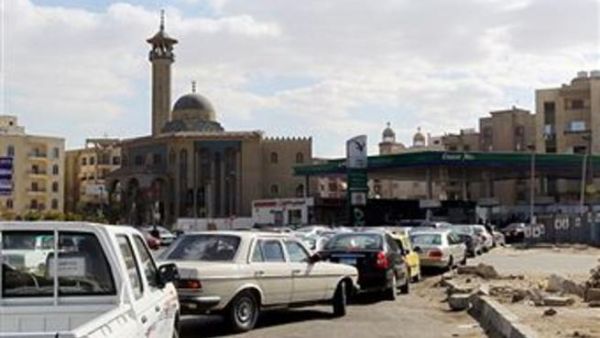To legislate the transport allowance or not to legislate the transport allowance? This is the question that has recently sucked up much of the energy of Prime Minister Najib Mikati’s Cabinet, which is managing to provide cliffhanger after cliffhanger in its ongoing saga of Minister Charbel Nahhas and his pen.
Nahhas, who is refusing to sign off on a transport allowance decree whose legality he disagrees with, took a seeming final step Tuesday by tendering his resignation. But this being Lebanon, the levels of political farce must be unraveled, one step at a time. Nahhas handed in his resignation, but to an MP by the name of Michel Aoun. The head of the Change and Reform bloc will now direct his attention to studying the resignation, and consider alternatives to Nahhas.
Perhaps the minister should not even be expected to offer his resignation to the president, or prime minister. The entire Nahhas affair is swirling with legal and constitutional ambiguity in the first place, over what is exactly supposed to be taking place.
The Cabinet is in limbo, and Mikati and President Michel Sleiman have both been adamant that Nahhas is obliged to use his pen to sign off on items of policy that have been endorsed by the government. Meanwhile, Change and Reform bloc officials are happy to rattle off all the political and legal aspects to the issue, making one dizzy with references to ministers, governments, decrees, draft laws and Shura Councils. But after the Change and Reform bloc made a defense of Nahhas a centerpiece of their verbal onslaughts, the public then learns that Nahhas and his policies are suddenly expendable.
High-level negotiations between coalition partners Aoun and Speaker Nabih Berri have only proven that Nahhas was a bargaining chip. The need to move forward, as it were, prevailed, and suddenly the labor minister is informed by an emissary that Rabieh would like to see his resignation letter. Further farcical elements come into play when Aoun talks about civil service appointments being the real reason for the Cabinet’s dysfunction, meaning that similar “Nahhas affairs” can be expected, if new disputes erupt.
The battles under way within the government boil down to time-honored Lebanese political traditions. For the most part, there is a raging battle over shares of influence within official institutions, and an intense concern with next year’s parliamentary elections, meaning who will get the money to do what in time?
The blazing rhetoric and stalled executive branch have mired the country in anxiety at the worst possible time, domestically and regionally; all manner of sectarian and other labels are used to spin the Cabinet crisis, but the actual struggle is as petty as can be imagined. For the public, the only tangible result is that urgent government business and charting the country’s future are being ignored in all of the commotion.








